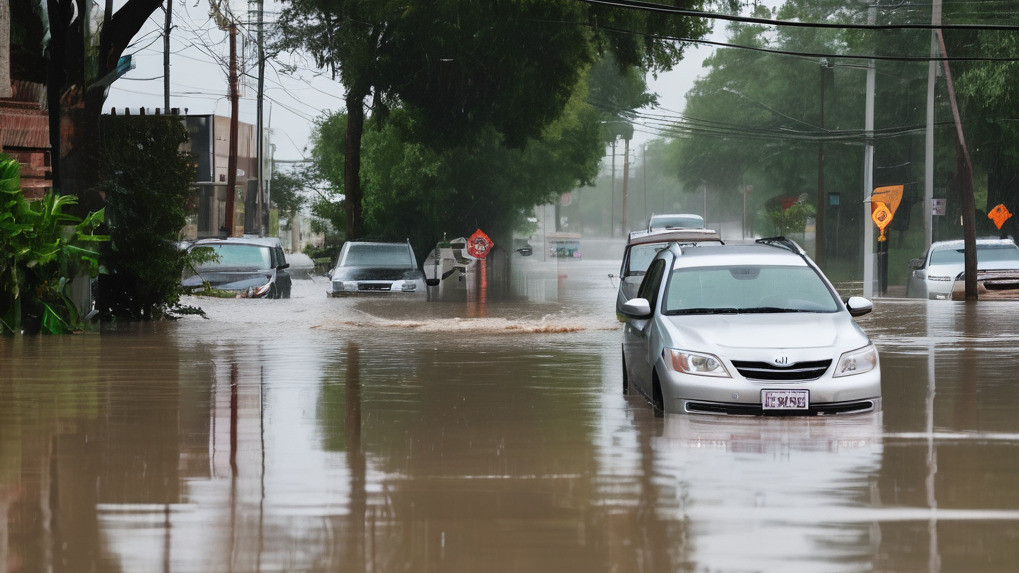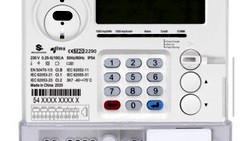In an unusual turn of events, Dubai recently experienced severe rainfall, testing the robustness of its power infrastructure against the forces of nature. This article looks into the challenges faced by the city's electricity provider during this period and what utilities worldwide can learn.
Immediate Challenges During the Flooding
The recent rainstorm subjected Dubai's electrical systems to unprecedented stress, leading to sporadic power outages across the city. The most significant issues arose from the inundation of substations and the damage to overhead transmission lines, both of which are critical components of the city's power distribution network. Water penetration in substations led to failures in electrical components, while strong winds compounded the problem by knocking down power lines and poles.
Response and Recovery Efforts
In response to the crisis, the Dubai Electricity and Water Authority (DEWA) mobilized swiftly. Emergency crews were deployed to conduct repairs and restore power to affected areas as quickly as possible. The use of mobile substations played a crucial role in temporarily bypassing damaged infrastructure, thereby restoring electricity to critical areas, including hospitals and emergency services.
Simultaneously, customer service centres worked around the clock, addressing consumer complaints and providing updates on restoration efforts. The integration of social media platforms and dedicated mobile apps facilitated real-time communication between the power companies and the public, ensuring that residents were kept informed and could plan accordingly.

Enhancing Utility Infrastructure Resilience
While Dubai was hit bad, utilities worldwide face the ongoing challenge of maintaining and improving the resilience of their infrastructure against both natural and human-induced events. Here are some general recommendations for utilities aiming to fortify their systems and ensure reliable service amidst various threats.
Strategic Undergrounding of Power Lines
While underground cabling is more expensive than overhead lines, it offers greater protection against a range of threats, including severe weather events such as hurricanes, floods, and wildfires, as well as reduced risks from human activities like vandalism or accidental damage during construction works. Utilities should consider this option, particularly for areas frequently affected by these issues.
Enhanced Flood Defences for Critical Infrastructure
Substations and other critical components that are susceptible to flooding should be equipped with robust flood defences. This might include elevated structures, waterproofing measures, and the installation of sump pumps and other water removal equipment. It's also vital to assess and modify drainage systems to manage heavy rainfall effectively.
Adoption of Grid Automation and Smart Technologies
Implementing advanced grid automation and smart technology can drastically improve the adaptability and response capabilities of power networks. These technologies facilitate real-time monitoring, predictive maintenance, and can automatically reroute power to minimize disruption when part of the network fails.
Strengthening Physical Security Measures
To protect against deliberate acts of sabotage or theft, utilities must enhance their physical security measures. This includes the installation of surveillance cameras, motion sensors, and secure fencing around critical sites. Regular security audits and collaborations with local law enforcement can also augment these measures.
Vegetation and Debris Management
Proactive management of vegetation and potential airborne debris near power lines and infrastructure is crucial. This involves regular trimming of trees and removal of debris that could fall onto power lines during storms, thereby mitigating the risk of power outages and fires.
Comprehensive Risk Assessment and Planning
Utilities should conduct comprehensive risk assessments to identify potential vulnerabilities within their networks. These assessments should consider a wide range of scenarios, including natural disasters, cyber-attacks, and other emergent threats. The findings should then inform the development of a robust disaster response and recovery plan.
Community Engagement and Preparedness Training
Engaging with the community and educating customers on emergency preparedness can significantly enhance the overall resilience of the utility infrastructure. Utilities should conduct regular preparedness training with local communities and provide guidelines on how to react during different types of emergencies.
By implementing these recommendations, utilities can enhance their resilience against a broad spectrum of threats, ensuring continuous and reliable power delivery to customers even under challenging conditions.
Takeaway
Recent events in Dubai have underscored the critical need for utilities to continuously evolve and adapt their infrastructure and emergency response strategies. By learning from these experiences and implementing robust, forward-thinking measures, utilities can better safeguard against future environmental challenges and ensure reliable service delivery. It's imperative for the sector to invest in resilient infrastructure, embrace innovative technologies, and foster strong community ties to enhance preparedness and response capabilities. This approach not only mitigates risks but also reinforces the utility's role in supporting sustainable and secure communities.
If you have any inquiries or need further information about our smart-metering or energy-storage systems, please do not hesitate to reach out to us. We are here to assist you and welcome your valuable thoughts and comments.
Until then, keep shining bright like a solar panel on a sunny day!






All comments are moderated before being published. Inappropriate or off-topic comments may not be approved.